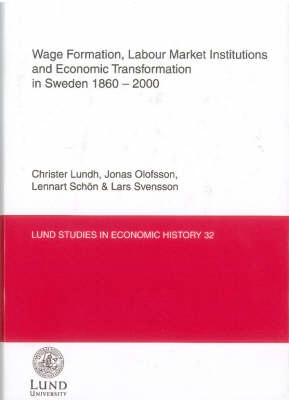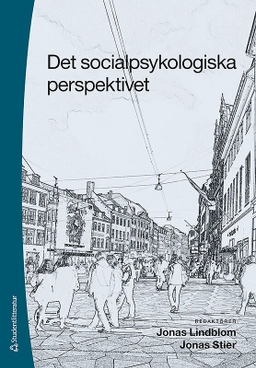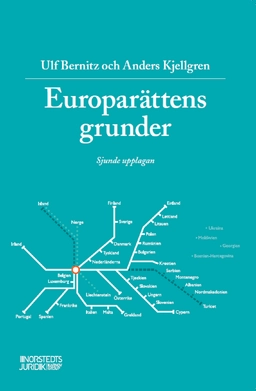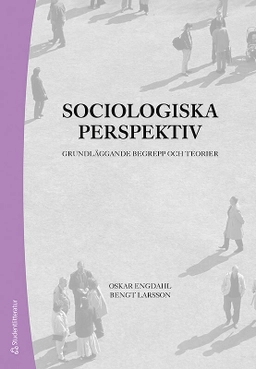

Wage formation, labour market institutions and economic transformation in S
- Utgiven: 2004
- ISBN: 9789122021032
- Sidor: 270 st
- Förlag: Almqvist & Wiksell Internation
- Format: Inbunden
- Språk: Engelska
Om boken
Åtkomstkoder och digitalt tilläggsmaterial garanteras inte med begagnade böcker
Mer om Wage formation, labour market institutions and economic transformation in S (2004)
I november 2004 släpptes boken Wage formation, labour market institutions and economic transformation in S skriven av Lars Svensson. Den är skriven på engelska och består av 270 sidor djupgående information om historia och arkeologi. Förlaget bakom boken är Almqvist & Wiksell Internation.
Köp boken Wage formation, labour market institutions and economic transformation in S på Studentapan och spara pengar.
Referera till Wage formation, labour market institutions and economic transformation in S
Harvard
Oxford
APA
Vancouver



















